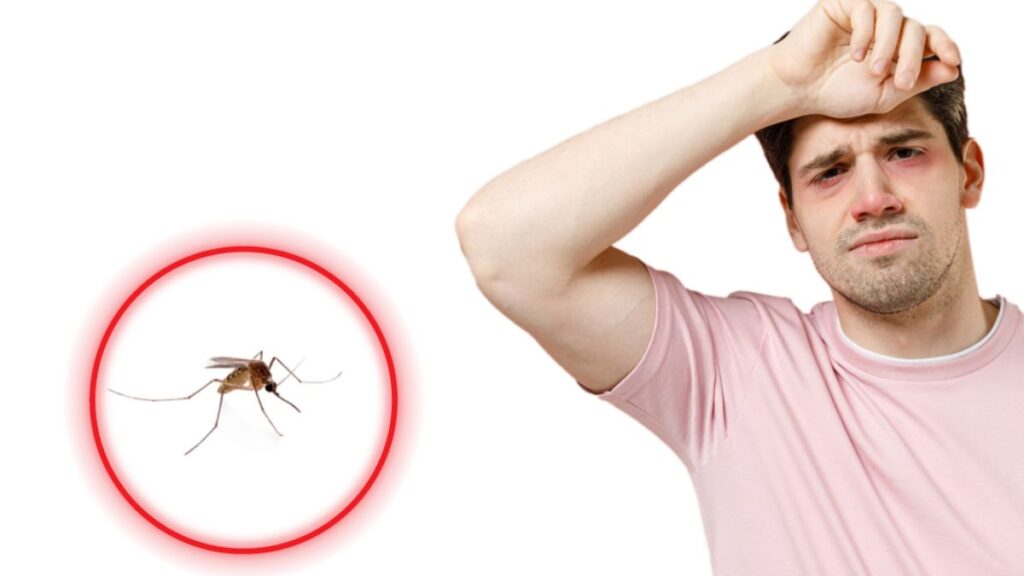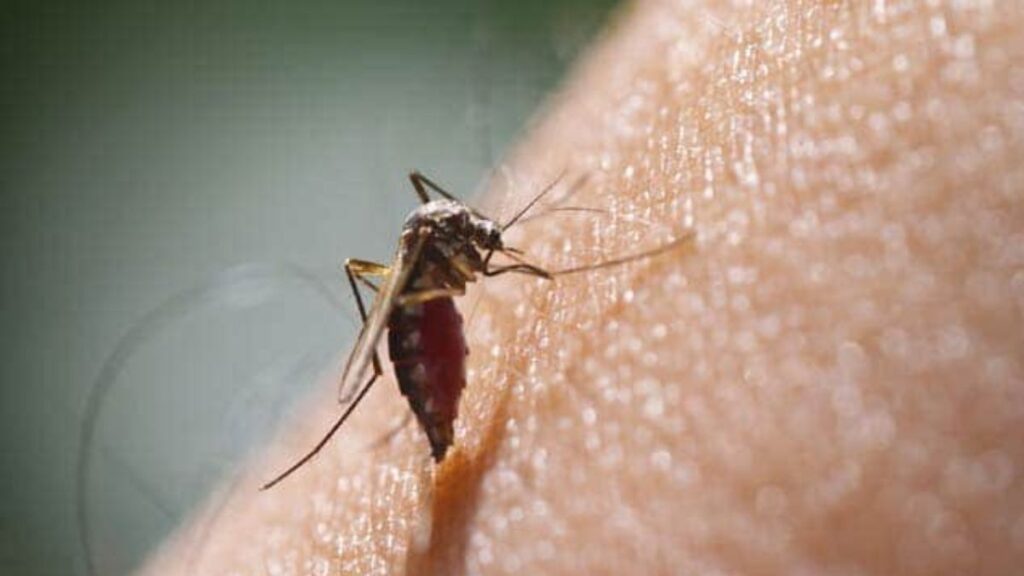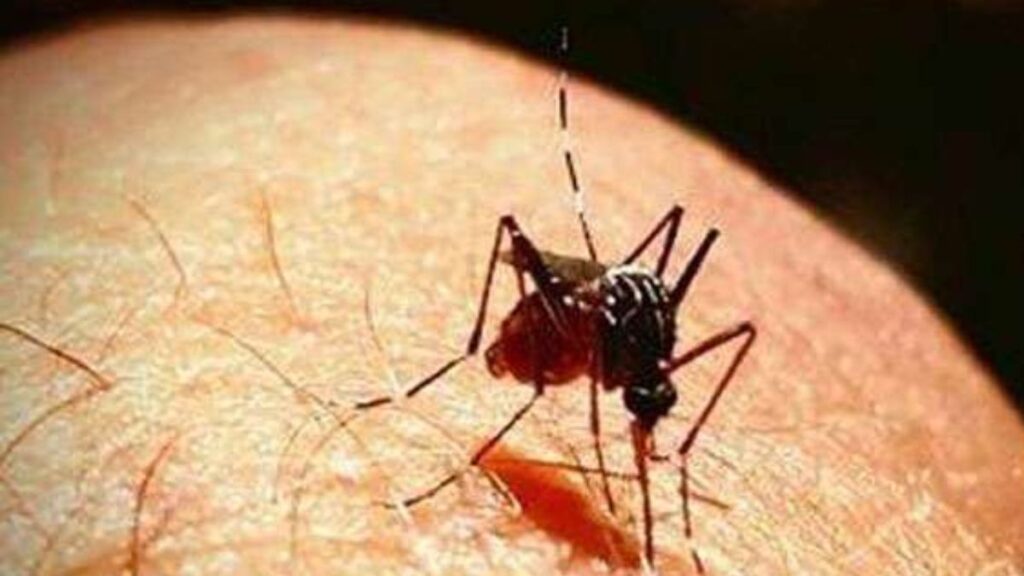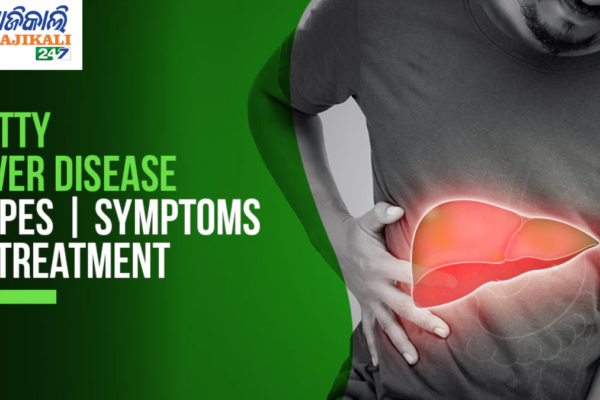Introduction:
Dengue fever, often referred to as the “breakbone fever” due to its excruciating joint and muscle pain, is a viral illness transmitted primarily by the Aedes mosquito. It’s a significant public health concern in many tropical and subtropical regions around the world. In this blog, we’ll explore the causes, symptoms, and available treatments for dengue fever, shedding light on this potentially severe disease.
Causes of Dengue Fever:
Dengue fever is caused by the dengue virus, which belongs to the Flavivirus family. There are four distinct serotypes of the virus (DEN-1, DEN-2, DEN-3, and DEN-4), all capable of causing the disease. Here’s how it spreads:
- Mosquito Transmission: The primary vector for dengue fever is the Aedes mosquito. When a mosquito bites a person infected with the dengue virus, it becomes a carrier and can transmit the virus to other people through its bites.

Symptoms of Dengue Fever:
Recognizing the symptoms of dengue fever is crucial for early diagnosis and prompt medical intervention. Common symptoms include:
- High Fever: Sudden onset of a high-grade fever is one of the earliest signs.
- Severe Headaches: Intense headaches, often described as a splitting pain behind the eyes.
- Joint and Muscle Pain: Pain so severe that it’s sometimes referred to as “breakbone fever.”
- Skin Rash: A rash may appear a few days after the fever begins.
- Bleeding: In some cases, individuals may experience nosebleeds, gum bleeding, or easy bruising.
- Fatigue: Profound weakness and fatigue are common.

Treatment Options for Dengue Fever:
While there is no specific antiviral treatment for dengue fever, supportive care can make a significant difference in recovery. Here are key aspects of dengue fever treatment:
- Fluid Replacement: Adequate hydration is crucial to prevent complications. Patients are often advised to drink fluids and, in severe cases, may require intravenous (IV) fluids.
- Pain Management: Pain relievers such as acetaminophen can help alleviate fever and pain. Avoid non-steroidal anti-inflammatory drugs (NSAIDs) like ibuprofen, as they can increase the risk of bleeding.
- Rest: Rest is essential for a full recovery. Dengue fever can be exhausting, so taking it easy is advised.

Prevention:
Preventing dengue fever primarily involves mosquito control and personal protective measures:
- Mosquito Control: Eliminating breeding sites for Aedes mosquitoes, such as standing water in containers, can help reduce mosquito populations.
- Use of Insect Repellent: Apply mosquito repellent to exposed skin and clothing.
- Wear Protective Clothing: Long-sleeved shirts and pants can help reduce the risk of mosquito bites.
- Bed Nets: Using bed nets, especially in areas with high mosquito activity, can be effective.

Conclusion:
Dengue fever is a serious viral illness with potentially severe consequences, but early detection and appropriate medical care can significantly improve outcomes. Understanding its causes, recognizing its symptoms, and taking preventative measures against mosquito bites are essential in controlling the spread of this disease in affected regions. Stay informed and stay safe.












